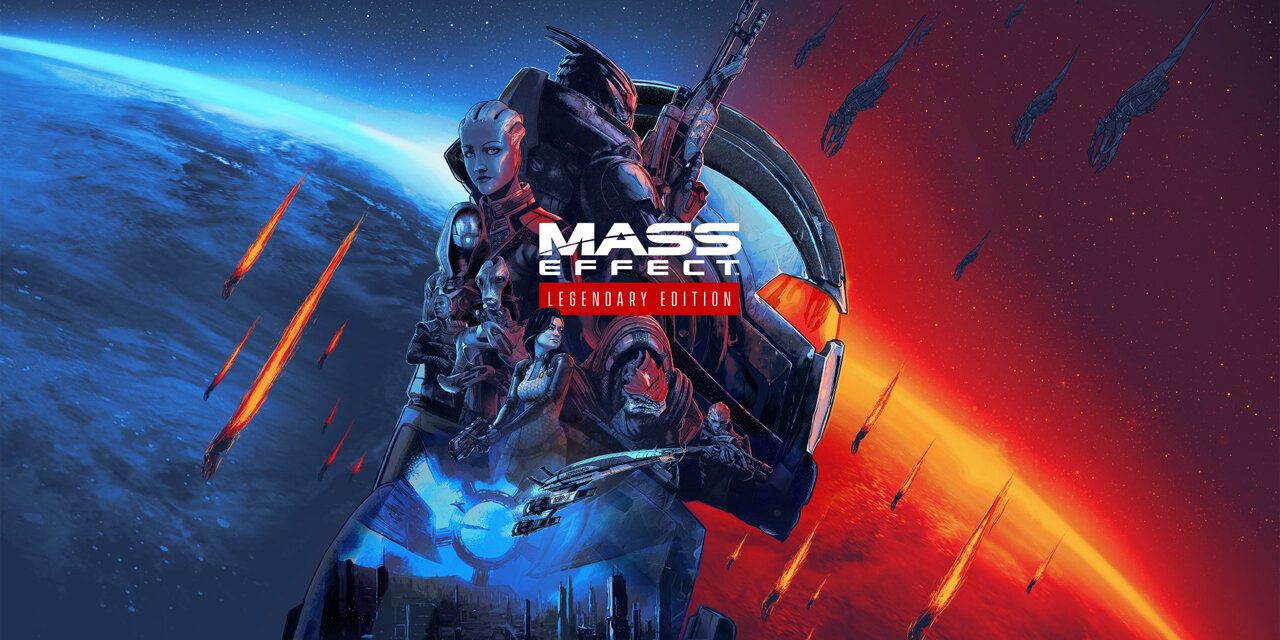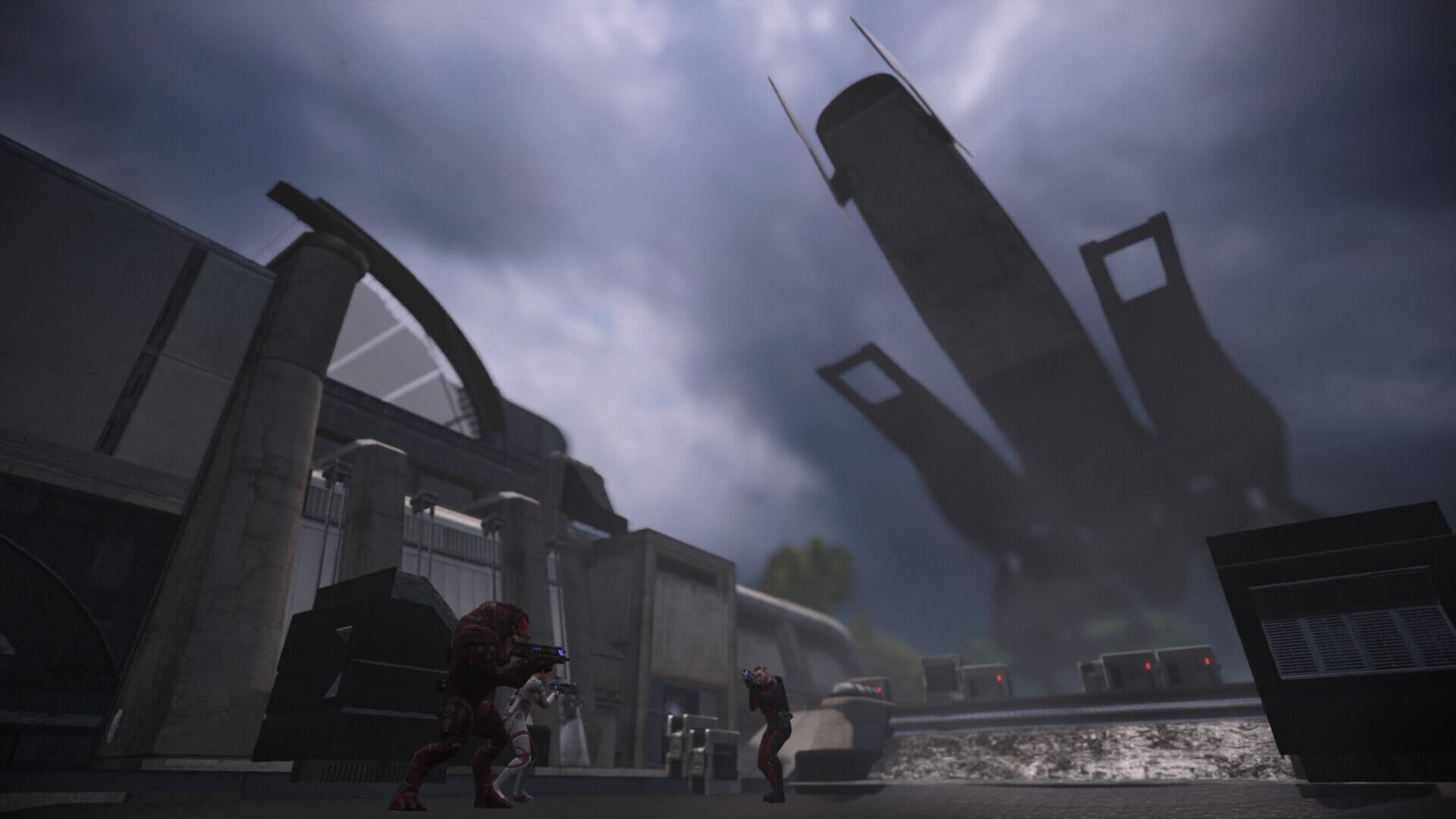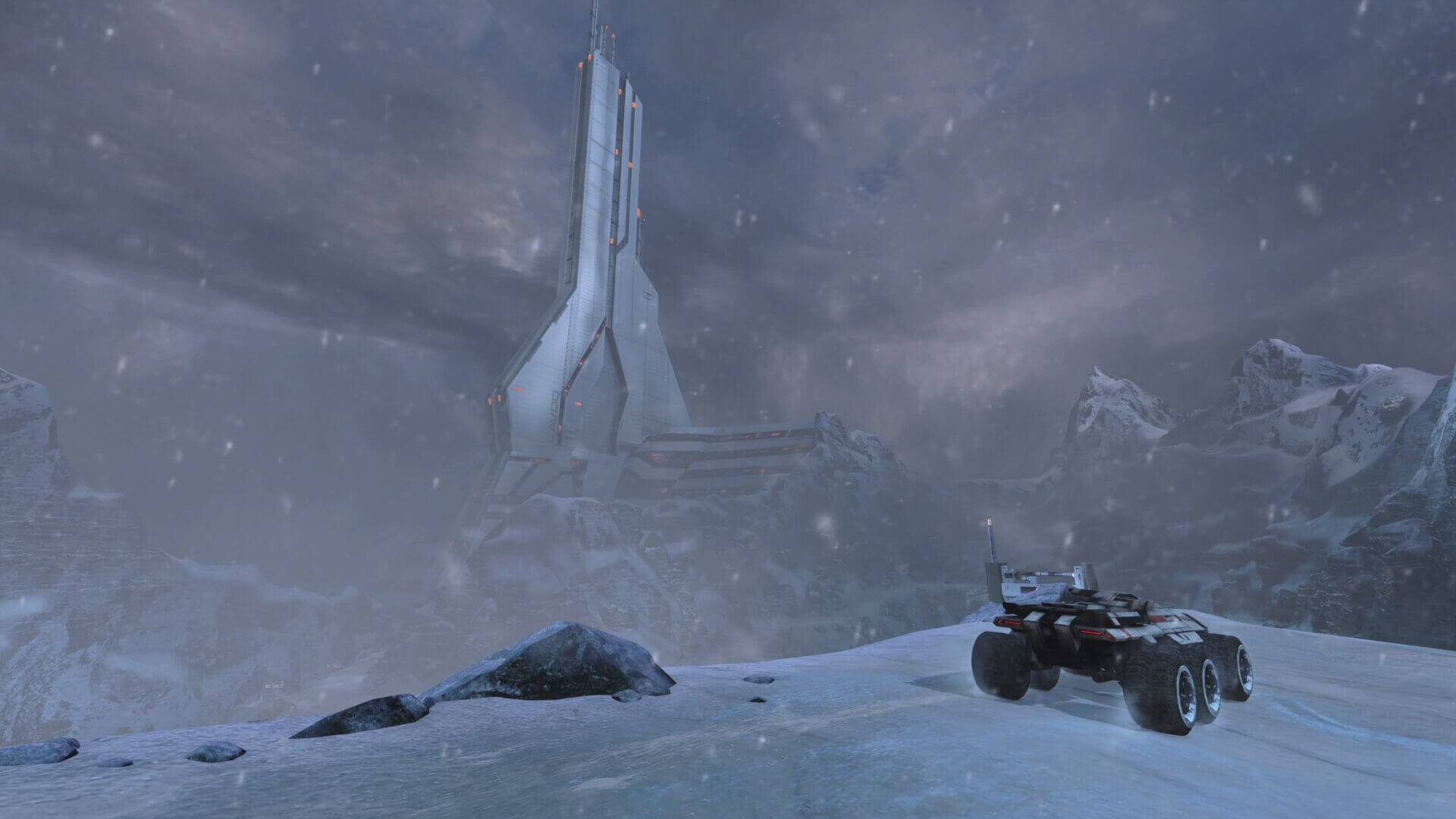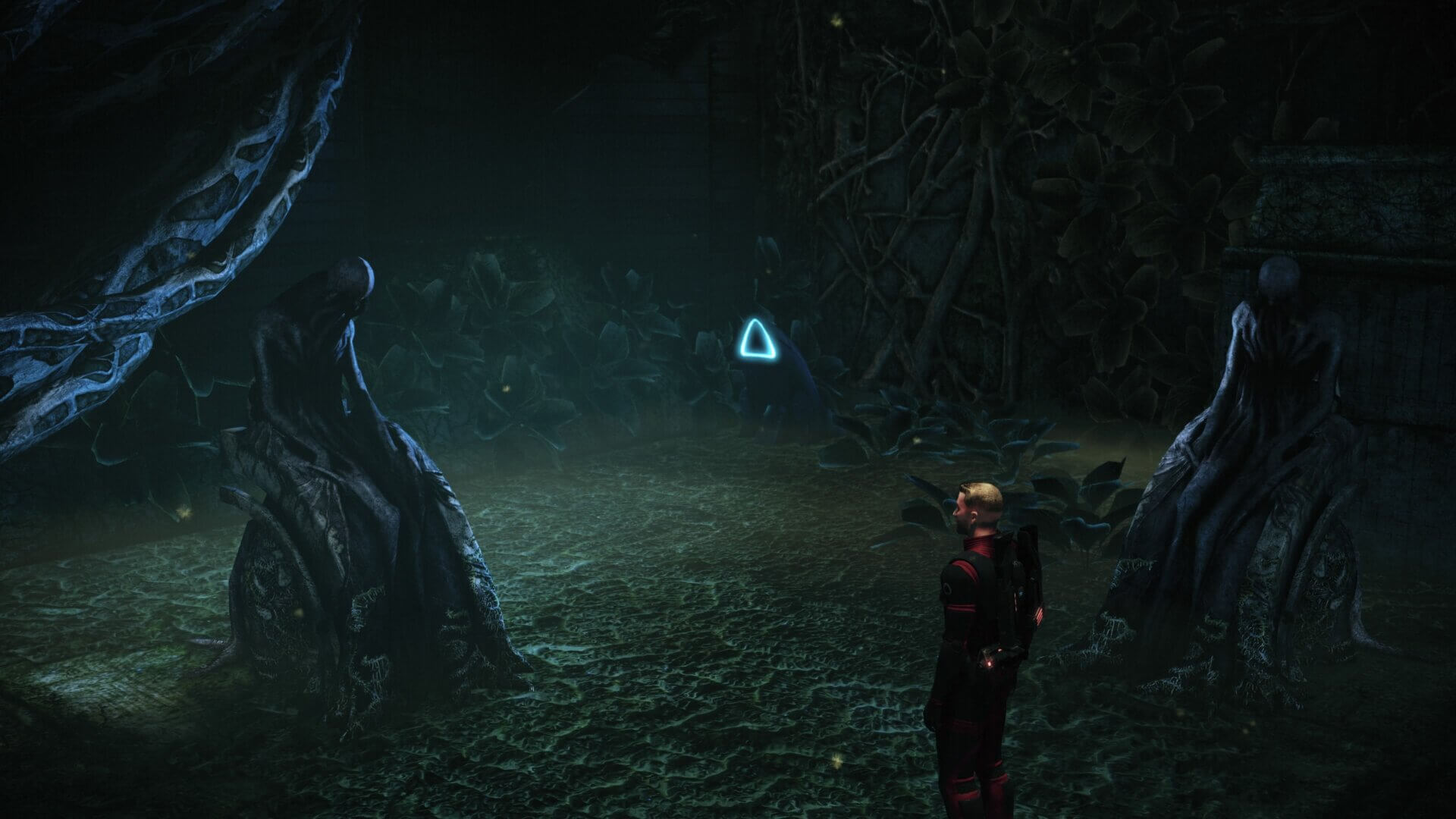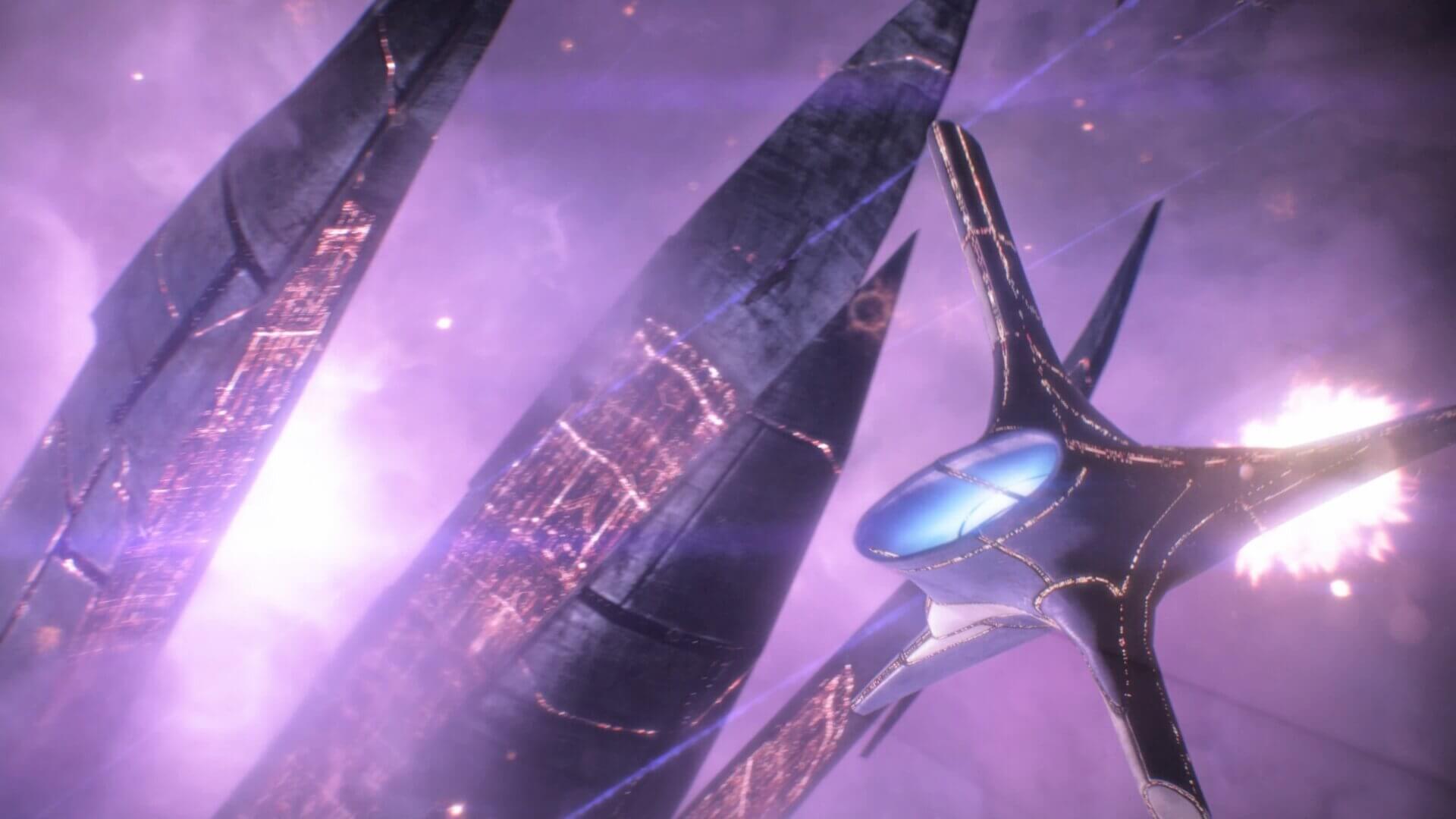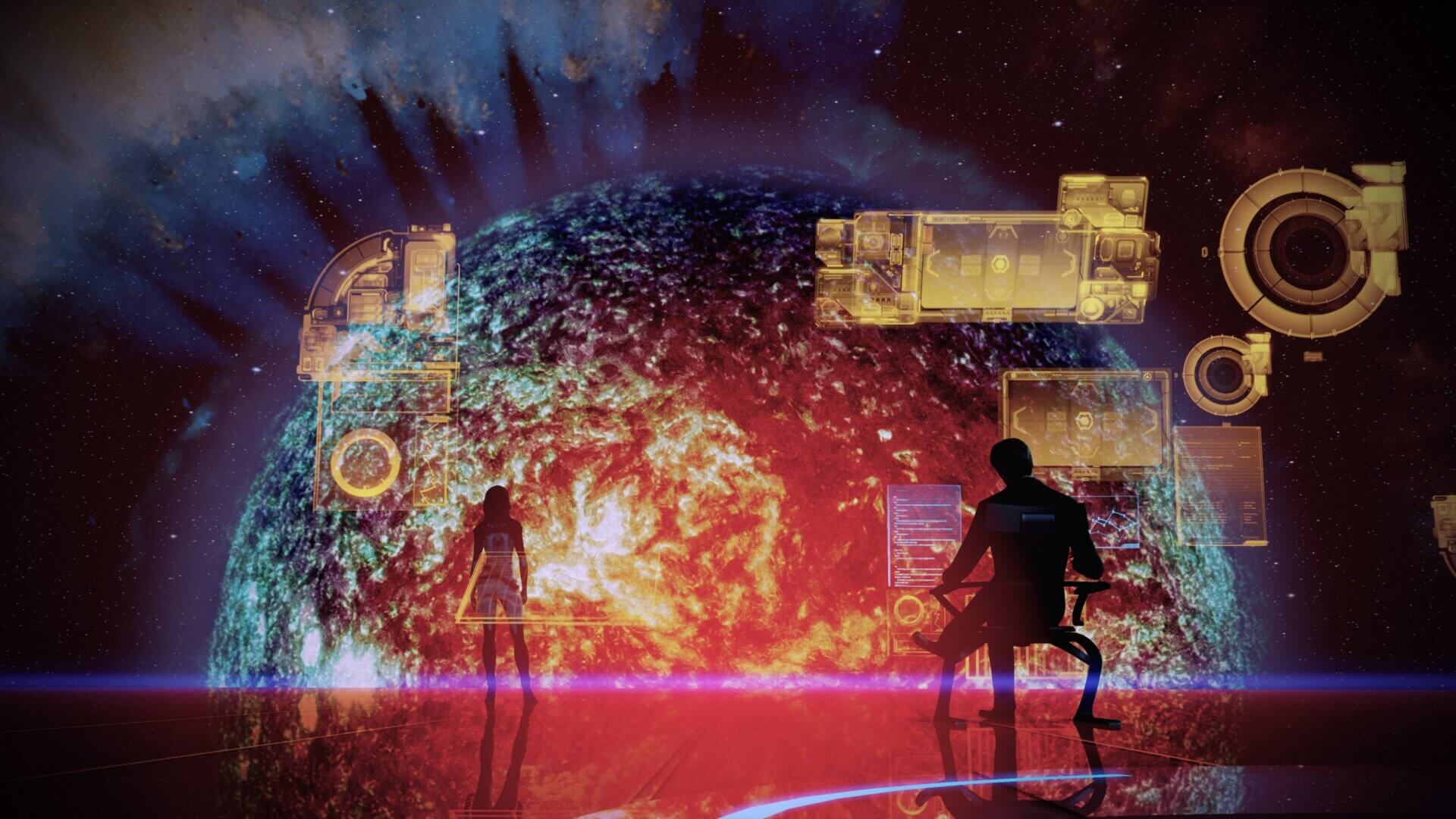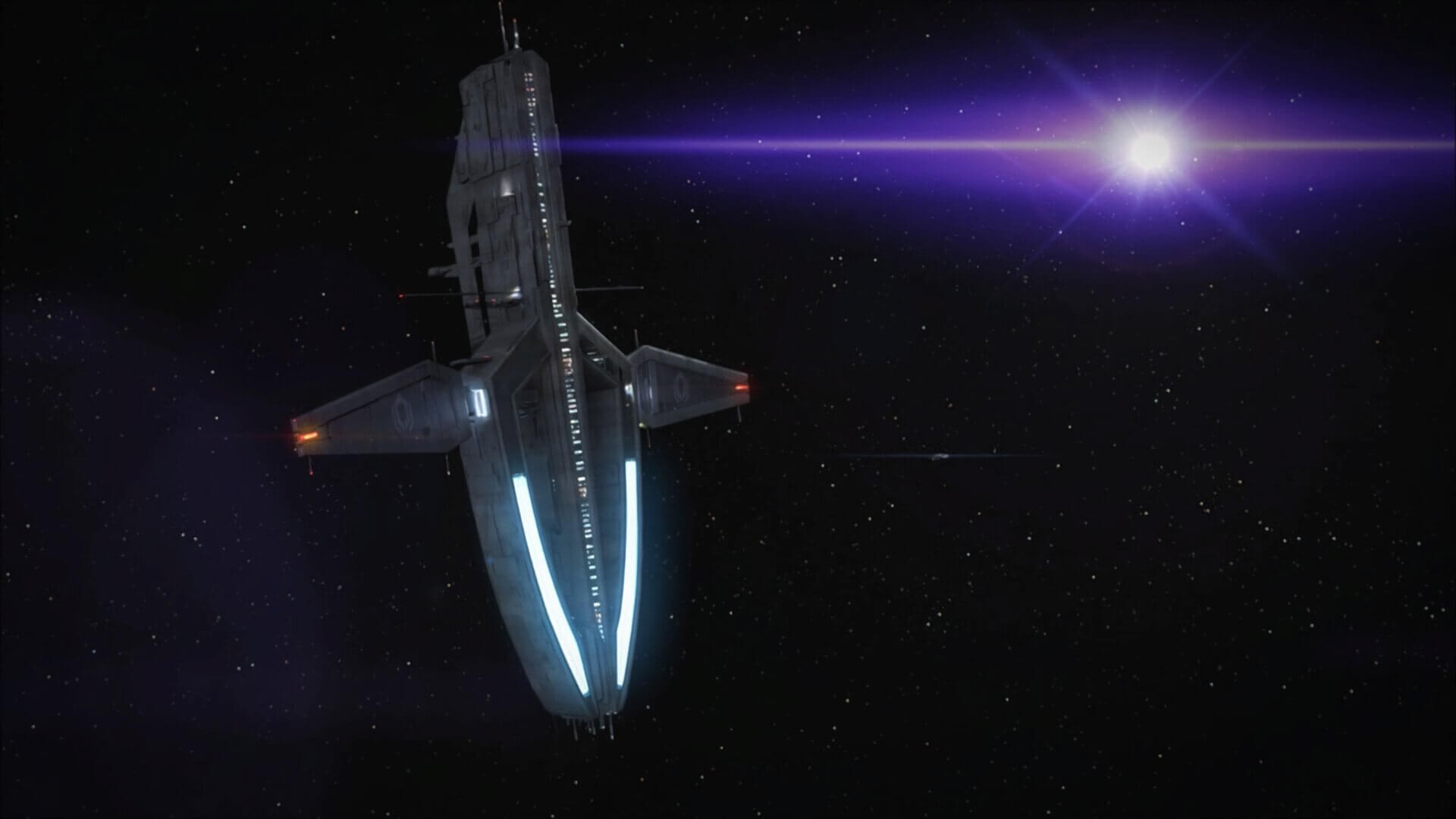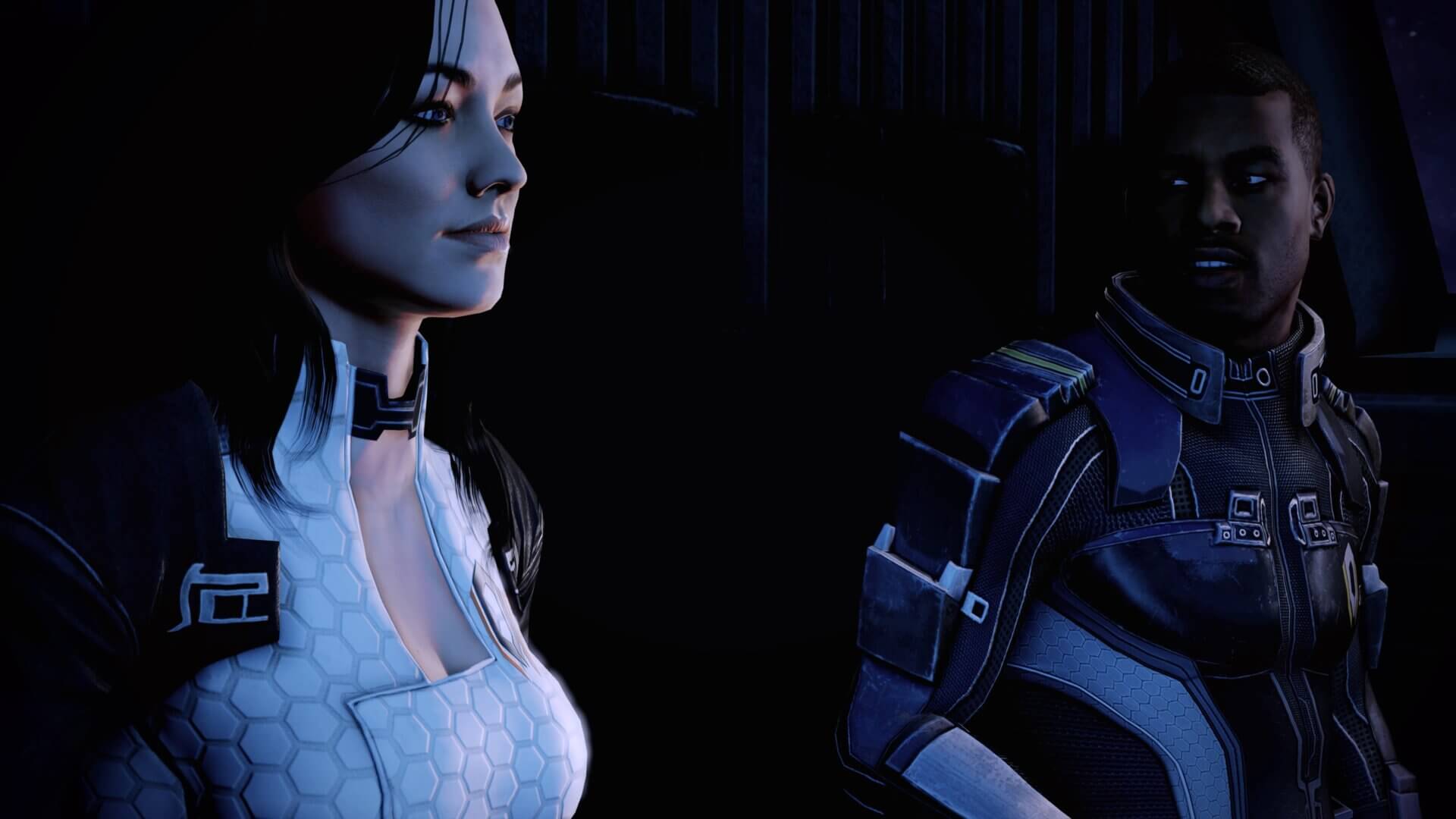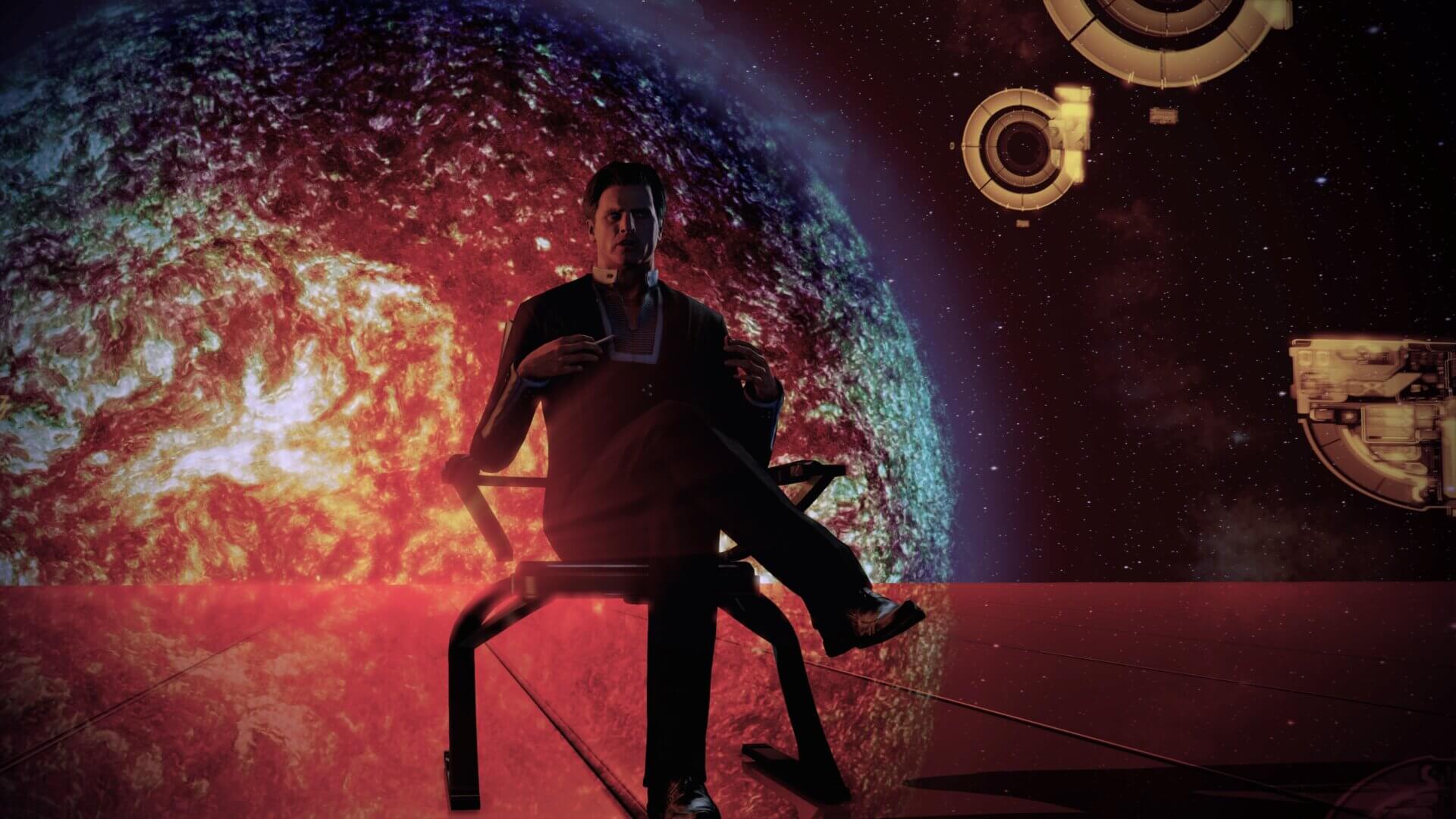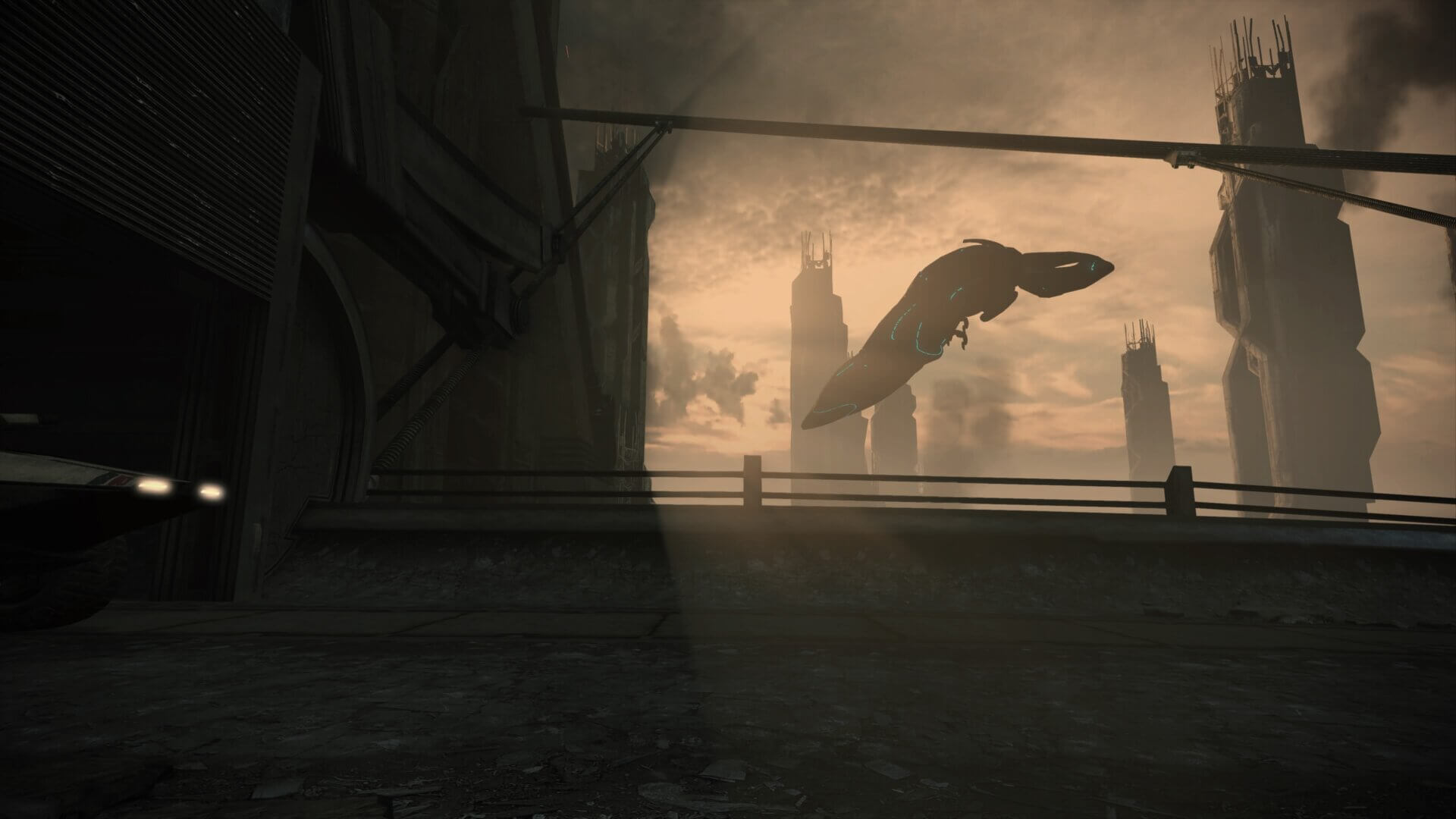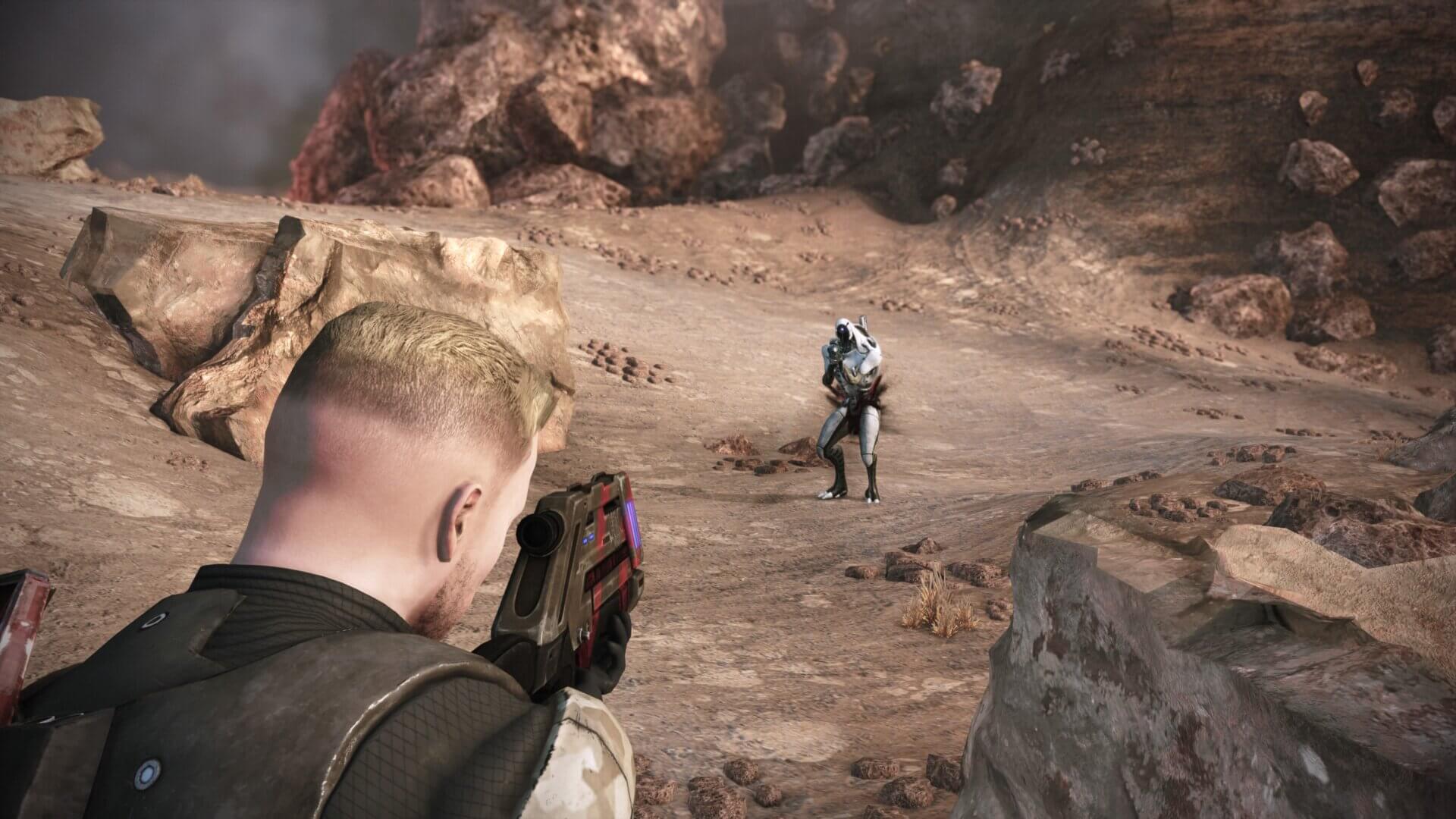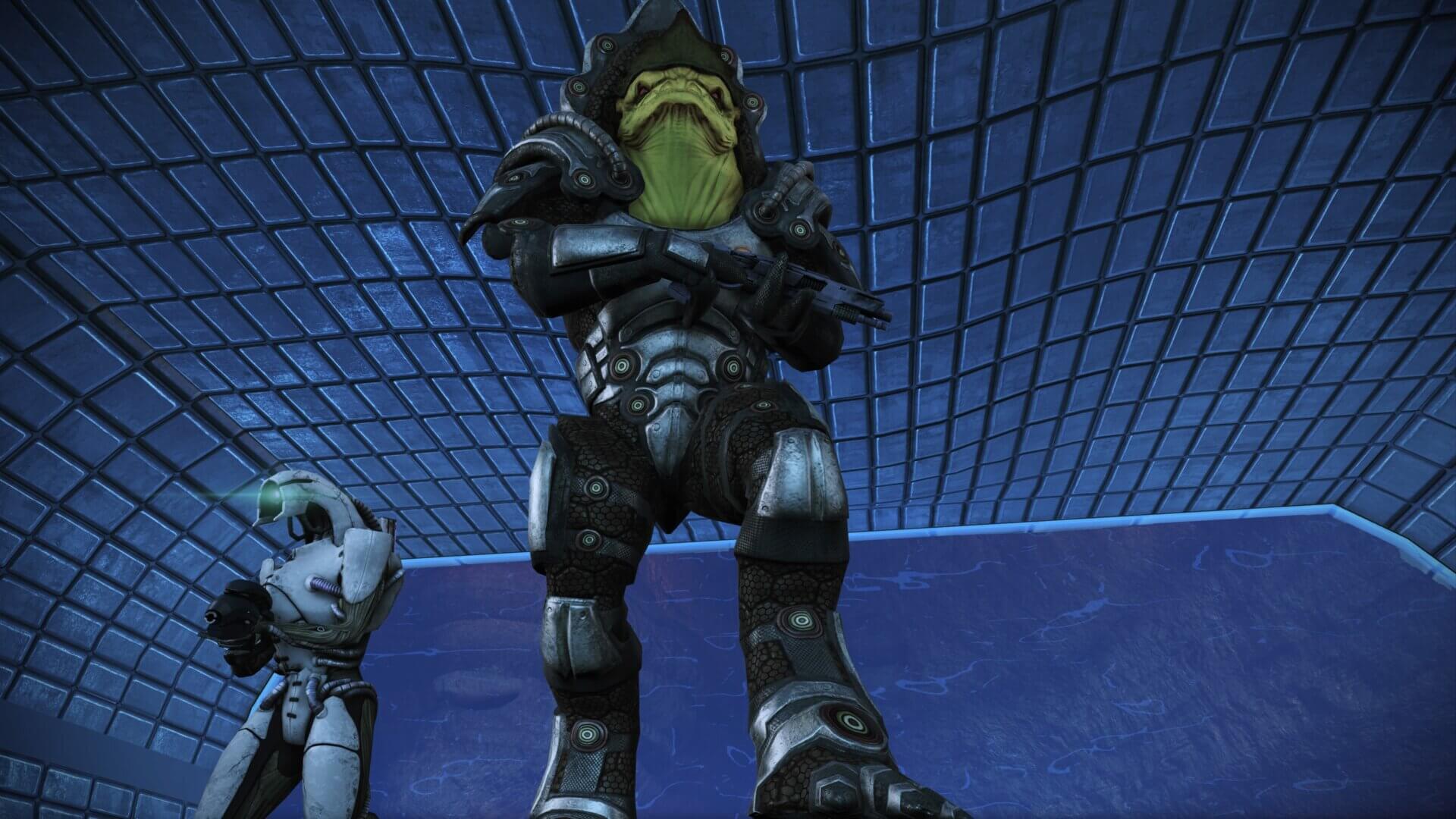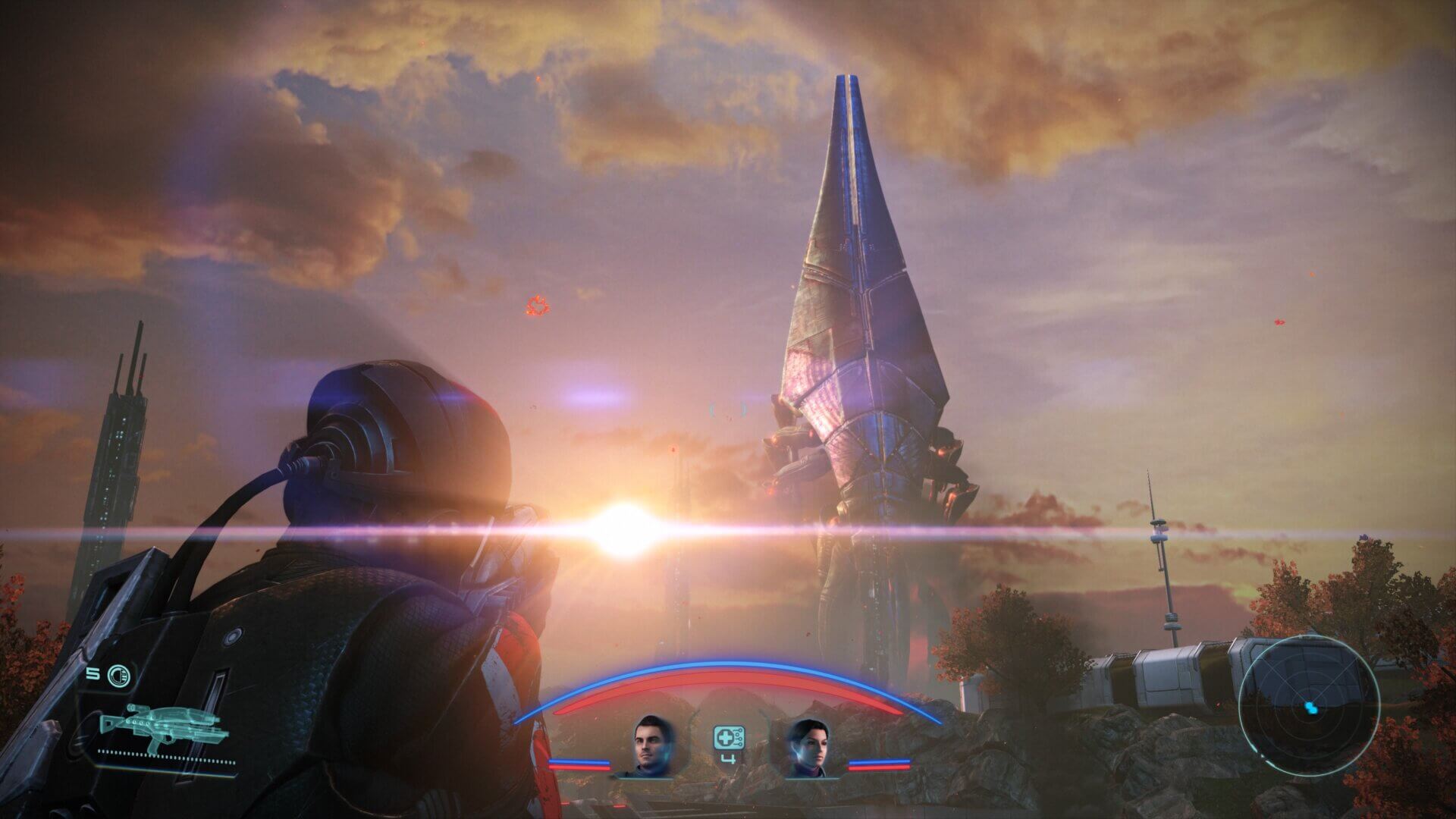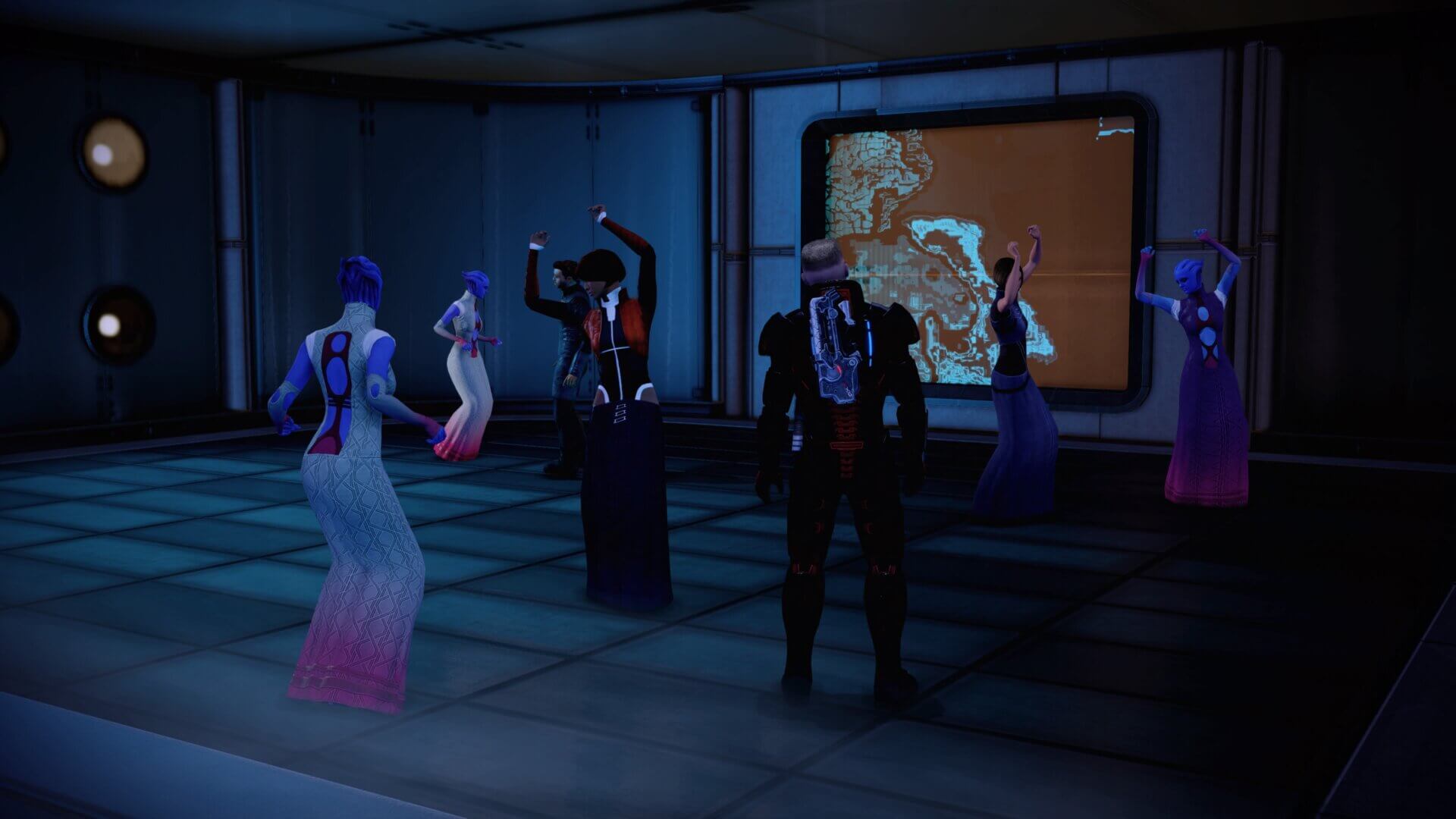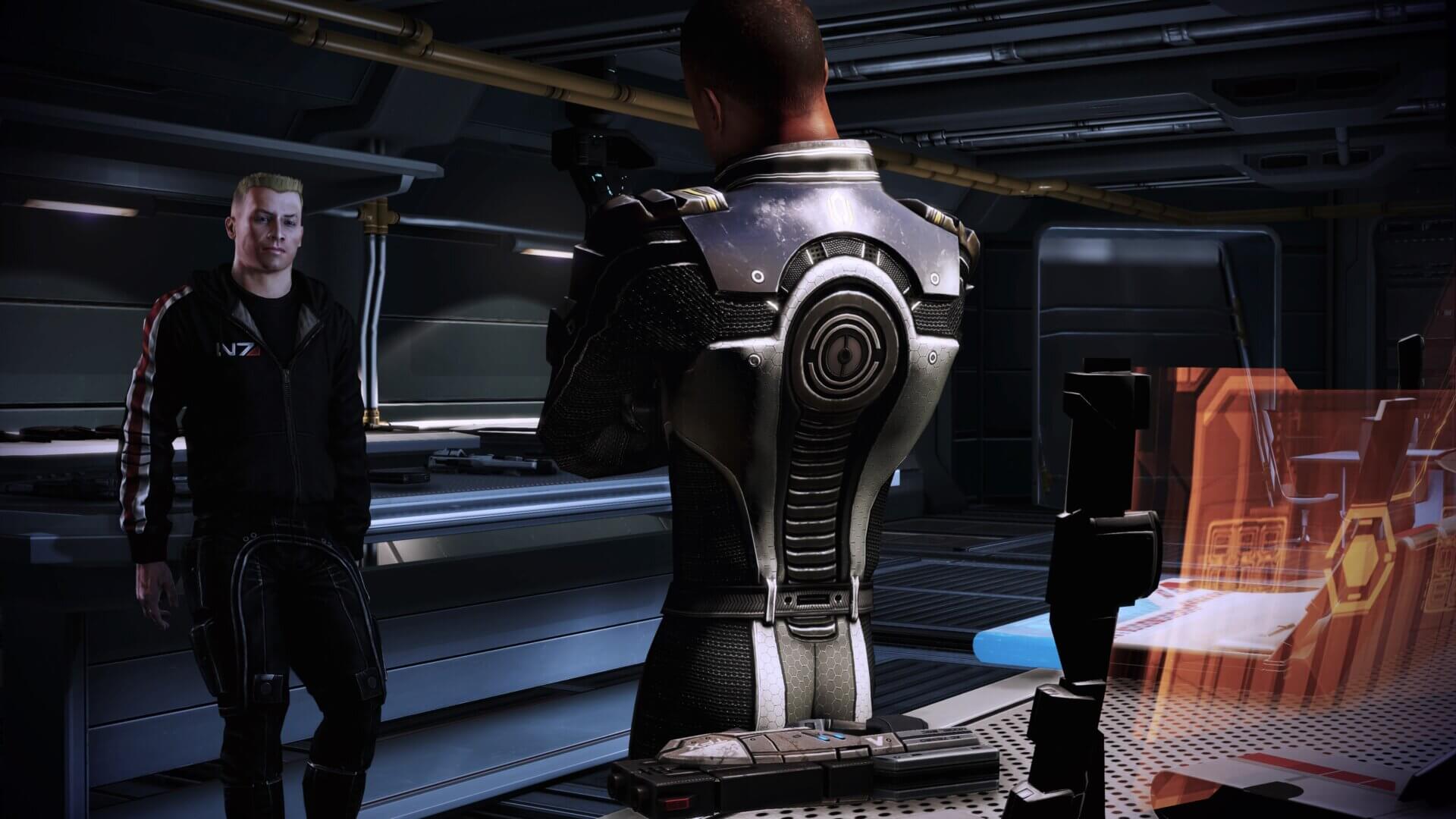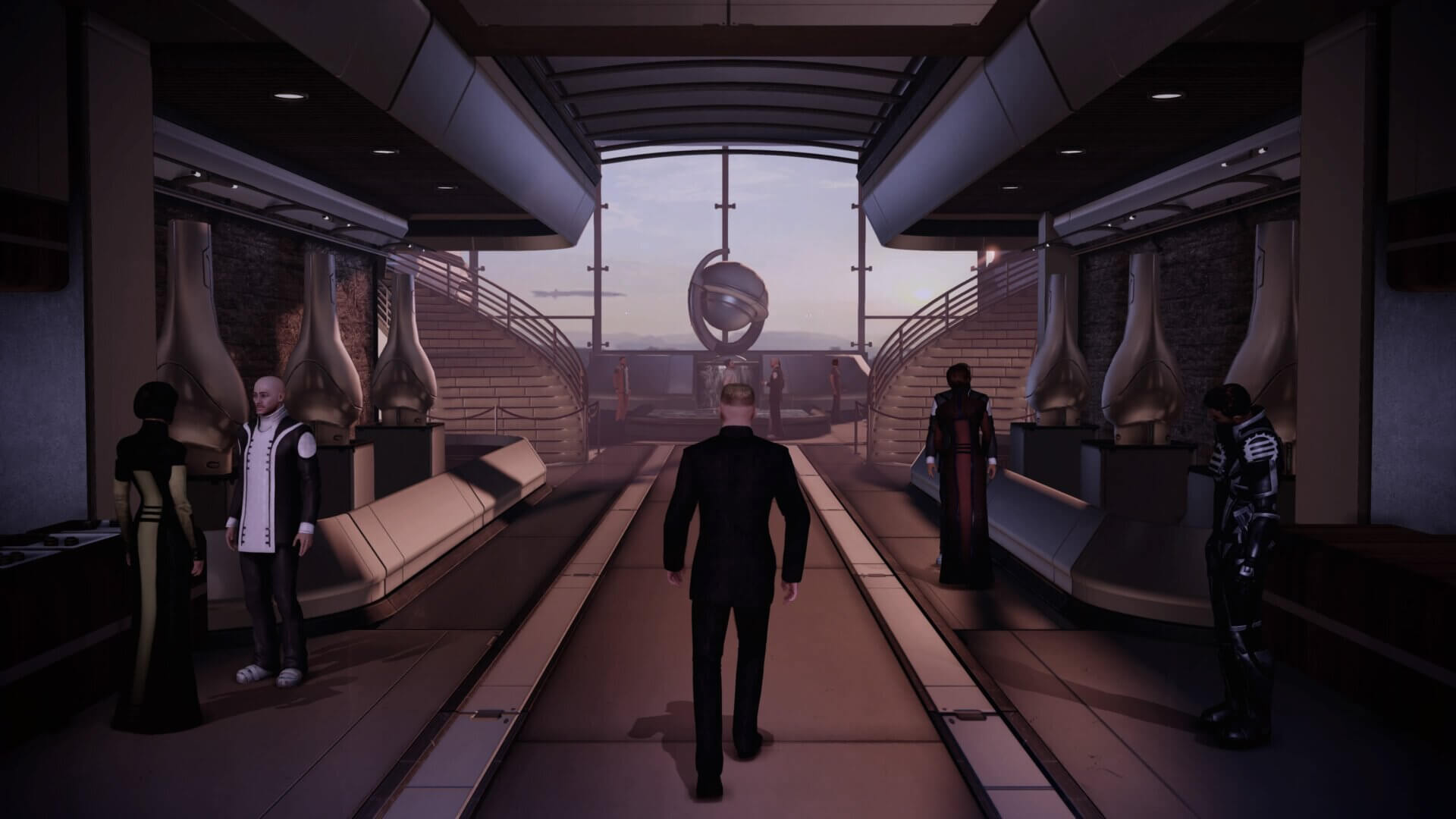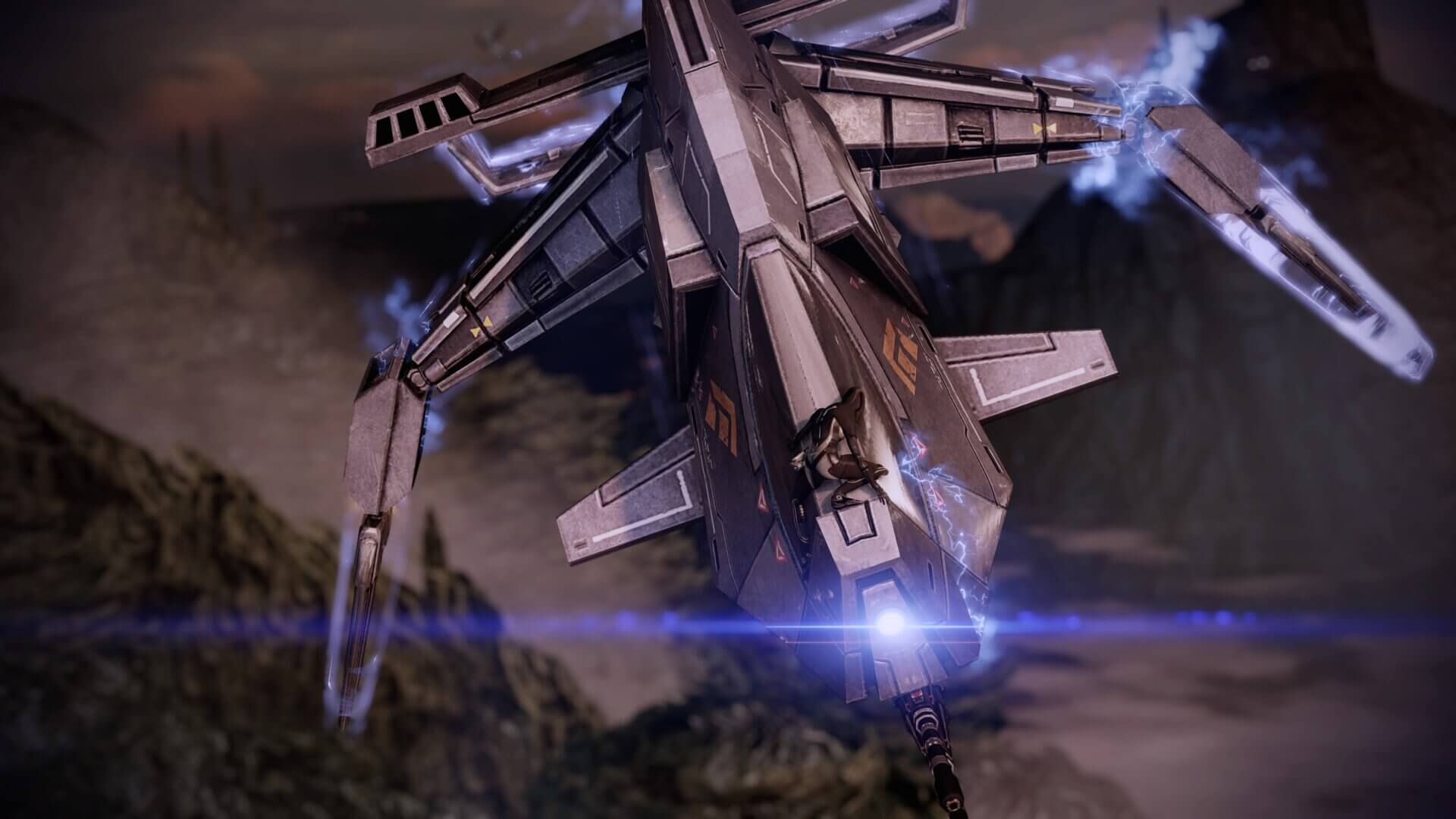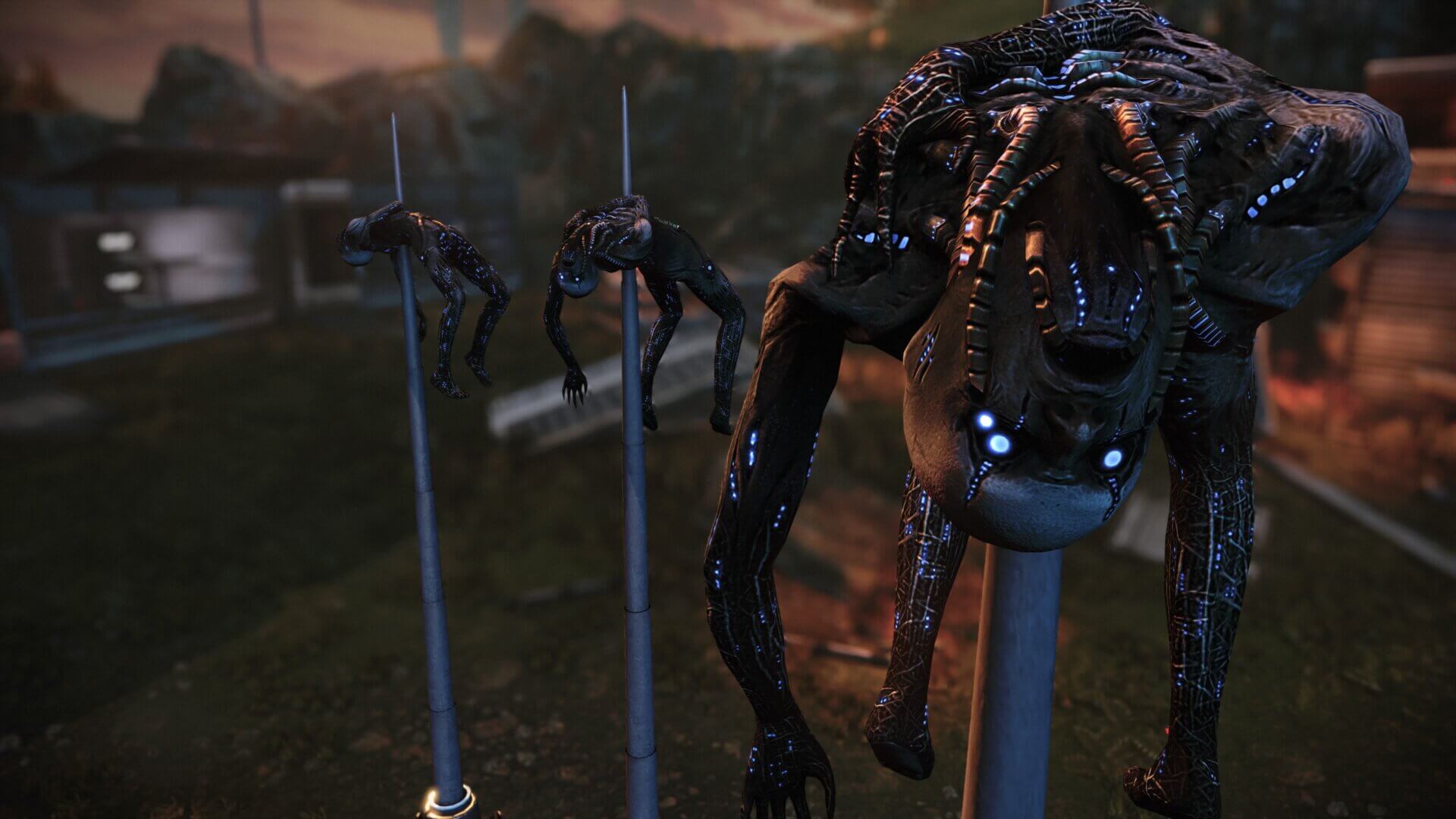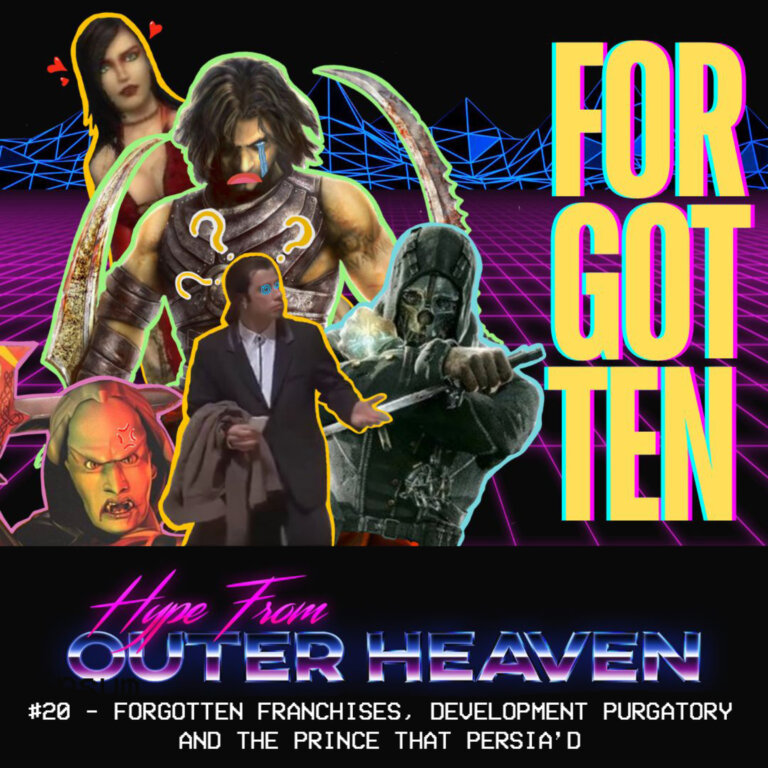“Go out there and give them hell. You were born to do this.”
Following months of speculation and rumours of its development, Bioware finally answered the fan’s calls and announced the remaster of their critically acclaimed Mass Effect trilogy on N7 day 2020, which acts as a 4K UHD remaster of all three games. Featuring visual improvements across the board as well as gameplay enhancements for Mass Effect 1, the Mass Effect Legendary Edition is the definitive way to play Bioware’s magnum opus, featuring the grand, galaxy-spanning story of Commander Shepard, on his quest to save the universe from mass genocide at the hands of an ancient race of sentient machines called the Reapers. The game(s) launched on Friday 14th May 2021, and as such I’ll be going over the time I’ve spent with the PlayStation 4 version (playing on a PS5) detailing the good, covering the bad, ultimately concluding whether the game is worth your time and money at the £59.99 asking price (UK PSN Store).
Growing up, the one genre alongside Horror that was prominent enough to leave a lasting impression (thanks in no small part to my old man) was Science Fiction. While the purpose of Horror is to terrify its audience, Sci-Fi is directed more at the discovery of the unknown, filling its audience with amazement with visions of the future of humanity, advancements in technology, space exploration, as well as less common themes such as the act of playing god with artificial intelligence, and the cost of exploiting it. Films from the likes of Ridley Scott and James Cameron were what propelled my interest in the genre forward; from the lo-fi aesthetics of Alien (1979) and Aliens (1986) to the neon-soaked, futuristic dystopia that was 2019 Los Angeles in Blade Runner (1982); both franchises offer a dynamic parallel of contrasting visions in regards to what the world of tomorrow would look like. Most people often attribute the science fiction boom of the late 20th Century to Gene Roddenberry’s Star Trek: The Original Series (1966-69) and George Lucas’ Star Wars (1977) , both of which have some of the biggest fandoms in all of popular culture, acting as the main inspirations for common tropes seen in the genre. Following suit, science fiction also managed to strike a chord in video games (being a technological innovation in their own right) offering some of the best franchises the genre has to offer, with the likes of Metal Gear Solid, Deus Ex and Fallout being some of the most celebrated franchises in gaming, but none have come quite as close to dethroning the likes of Star Wars as Bioware’s iconic Mass Effect franchise, which has become one of the biggest sci-fi media IPs in popular culture to date, branching into multiple different formats over the years.
In terms of the video games, the first three games in the series are held in the highest esteem, being regarded as some of the most genre-defining titles of the Xbox 360/PlayStation 3 era. The games follow Commander Shepard, a special operative (N7 rank) of the Systems Alliance Navy (the representative body of Earth and its colonies in Citadel space) whose backstory, gender and combat proficiency is all player determined. The saga begins with Shepard accompanying the crew of the Normandy (a prototype stealth vessel) to a visit to one of humanity’s border colonies known as Eden Prime, soon to discover that the colony has been wiped out by a hostile race of AI machines known as the Geth, led by a rogue spectre called Saren who is in search of a recently unearthed Prothean beacon. Following the destruction of the colony and the beacon, Shepard races to the Citadel to expose Saren to the council, succeeding and being elevated to the rank of Spectre himself, for the sole purpose of bringing down the rogue Turian by whatever means necessary. Not long after leaving the Citadel, Shepard is embroiled into a conspiracy of galactic extinction cycles, as well as the mysterious disappearance of the progenitor of Mass Effect technology: The Protheans. Shepard soon discovers that a race of ancient, sentient machines (known collectively as the Reapers) are responsible for the extinction of the Protheans, as well as every other advanced civilization before them, repeating the cycle every 50,000 years. What follows is a desperate attempt to stop the cycle from happening again, racing across the galaxy in search of a means of stopping the Reapers once and for all. The over-arching story of Shepard spans the entirety of the Mass Effect trilogy, offering one of the best narrative-driven sagas that Science Fiction (and gaming) has to offer. Naturally given their age (and the fact that we’re right in the middle of the remake/remaster era) fans of the franchise have been requesting a HD remaster of the trilogy for the better part of the PS4’s lifespan. With rumours running wild, it was deemed by many that it would only be a matter of time before EA & Bioware would announce the remastered trilogy for current-gen systems; fan prayers were answered and on November 7th 2020 (N7 day) Bioware announced the Mass Effect Legendary Edition, which is a complete collection of all three games and their DLC, remastered from the ground up in 4K UHD.

Straight off the bat, it has to be stated that the Mass Effect Legendary Edition is a remaster, not a remake (at least in the case of Mass Effect 2 and 3); the story remains 100% as it did with the original trilogy, with all of the game’s individual DLC’s (except for the Pinnacle Station DLC for Xbox 360) woven into the story straight off the bat, including the Extended Cut DLC for Mass Effect 3‘s controversial ending. The new ‘complete’ structure also includes all of the game’s weapons packs (both from collector’s editions/promotions prior to launch) with them also woven throughout the game at various sources (no starting Mass Effect 2 anymore with the OP monster that was the M-96 Mattock Rifle). Across the board, all three games have been given the HD treatment, with both current and last-gen consoles offering graphical pre-sets for ‘quality’ and ‘performance’, with the former offering better resolutions, and the latter favouring frame-rate. Performance on last-gen systems is a bit jarring, with the OG PS4, sitting at 1080p 30fps in quality mode, while performance removes v-sync and brings with it screen-tearing and an untapped frame rate which can be a bit all over the place if too much is going on across the screen. PS4 Pro fares somewhat better with native 4K than its predecessor, but dips down to 1800p in some of the trilogy’s more heavy sections. Performance mode on the Pro is somewhat better than it’s base counterpart, but is still far from the 60fps mark, offering an uncapped 30fps that manages to get into the low 50’s at best; thankfully performance isn’t an issue if you’re on PlayStation 5, offering the full, native 4K HDR at 60fps with both performance and quality modes, offering very little distinction between settings.
By large and part, most of the improvements can be seen in 2007’s Mass Effect, which has not only been visually enhanced like it’s sequels, but has been had it’s core mechanics reworked to modernise the experience somewhat. The biggest change is by far the game’s combat, which has been brought (almost) up to par with the rest of the series, having tighter hit-boxes for most weapons resulting in a much more fluid experience across the board. Additionally, all weapons have been made accessible to all classes, with the reservation that you can still only specialise in the weapons that are applicable to that particular class, even though you can use all of them with relative ease. One of the biggest complaints of the OG game was the controls (and combat) of the game’s main vehicle: the Mako, which has a similar control scheme, but has been loosened up a great deal to make it more responsive, and less like a drunk bodybuilder on roller-skates. For myself, one of the most impressive enhancements is down to the PS5 hardware itself, with it’s built in SSD removing the horrible loading times disguised as elevators, to the point where there is actually a skip option now to make them go even quicker and cut off your crew’s small talk. Some elements still remain as a chore, no matter how much they’re prettied up; the planetary exploration and side-missions still remain a massive chore, but for those who are borderline OCD completionists (myself counted amongst them) they need to be done for the sake of a complete experience. Visual upgrades stand out the most in ME1 too, with high-resolution textures, improved skin textures, character models, ray-tracing and some impressive volumetric work all work in tandem to improve the aesthetic appearance tenfold, to the point where some areas of the game look borderline unrecognisable (Eden Prime being a pretty solid example). Gameplay remains largely intact with Mass Effect 2 and 3, but with all the visual improvements to boot, really drumming home of how much work ME1 actually needed.

Overall, it’s fair to say that remastering the ME trilogy into the Legendary Edition appears to have been somewhat of a labour of love for Mac Walters and the team over at Bioware, remastering one of Sci-Fi’s most beloved franchises in anticipation for the next chapter. Offering well over 120 hours of gameplay across three games and a narrative that puts player choice at the heart of its storytelling, it’s hard not to recommend the Mass Effect Legendary Edition to both returning fans and new players alike. While £59.99 might be seen by some as a lot of money for what could be argued as three remastered PS3 games, the level of quality that has been afforded this time around justifies the price tag in this humble writer’s opinion.
A PlayStation 4 review code was provided by Electronic Arts.

